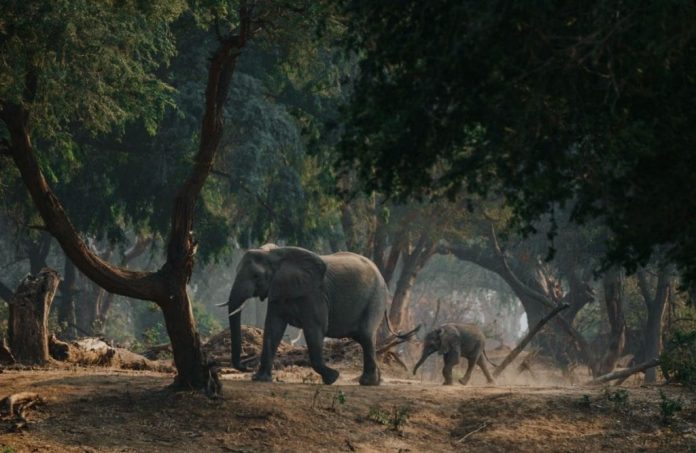Anyone who has ever had pets knows that they are incredibly smart, unique, and full of their own individual characters. Each creature is unique, much like the people around us are individual and unique. We have so much to learn from animals, and many of their most admirable characteristics are things we should seek to emulate in our own lives.
Here are five important life lessons we can learn from animals:
- Stick together. Many animals run in packs, and there is a social hierarchy that allows them to take care of one another. Animals like wolves, display loyalty to their packs and never leave a vulnerable member of the group behind when the situation gets difficult. Humans have a tendency to panic and want to run away from stress, anxiety, or other challenging situations but instead, we should follow the example of the wolf and be protective and loyal to the people around us. We all play an important role in the pack of our lives that includes our family, friends, work colleagues, and others.
2. Be dedicated and devoted to those around you. Animals are able to connect with others, even of different species. These bonds with others show us that, despite our differences, there is something to love about everyone. Dedication and devotion to those around us is emulated in the lives of animals and shows us how to handle the good and bad situations in life.
3. Observe your pet. Whether you have a cat, a dog, a reptile, fish, or birds, they all show us how to behave in a variety of situations. Our cats show us how to be comfortable and intuitive such our dogs show us zest for life, compassion, and loyalty. Observing the behavior of the animals around you can allow you to gain insights into yourself, the people around you, and how to navigate life gracefully.
4. Perception and perspective. Animals give us a whole new way of looking at life, both literally and figuratively. Animals can see things that humans can’t and hear things that we can’t hear. The lesson to be learned from our animal friends is that although we may not be able to see, understand, or hear something, it doesn’t mean it’s not there or that it isn’t important.
5. Look, listen, and respond. Both animals and humans can be incredibly reactive to situations around them, but animals are often incredibly intuitive and aware of the emotions and creatures around them. These insights allowed animals to survive and eventually become our companions. Before panicking, fighting, or running away, remember to look, listen, and respond to the people and situations around you.
Animals can teach us so many things. Animals teach us to react and respond to others with grace, dignity, and loyalty, while embracing life with vigor and excitement each and every day.





Oh please, next thing you’ll suggest is that we hunt like lions and build dams like beavers. While I do love my poodle, I don’t think her life aspirations should be mine.
The emphasis on perception and perspective is particularly noteworthy. Animals do possess unique sensory abilities that humans lack, which can inspire us to broaden our own viewpoints.
The idea that humans should emulate animals is not only fascinating but deeply insightful. Our animal companions indeed offer us unique perspectives on loyalty, dedication, and perception. Bravo for this thought-provoking piece!
So, according to this article, my goal should be to nap like a cat, eat like a fish, and fight like a wolf. Sounds like a recipe for a peculiar, albeit entertaining, existence!
While the sentiment is charming, the notion that humans should look to animals for life lessons seems overly simplistic. We have complex societal structures and consciousness that animals don’t possess.
Foxy, I disagree. Sometimes the simplicity of animals’ behavior can cut through our ‘complex societal structures’ and remind us of fundamental values we’ve lost sight of.
Observing pets can indeed offer insights into human behavior and emotions. The idea of using animal behavior as a model is not only fascinating but also practical.
The notion of learning from animals is quite intriguing. Animals indeed exhibit loyalty and cooperation, qualities that are essential in human social structures too.
The comparison between animal behavior and human behavior provides a unique perspective. Understanding these parallels might help us navigate our relationships more effectively.
I appreciate the focus on dedication and devotion. Animals form bonds that transcend species, teaching us about tolerance and empathy towards those different from us.
The article makes some good points. Observing animals can indeed reveal a lot about intuitive behavior and social structures. It’s a reminder to slow down and appreciate the simpler things in life.
Comments are closed.